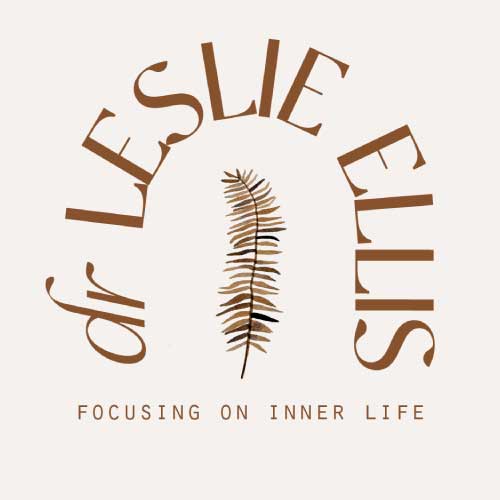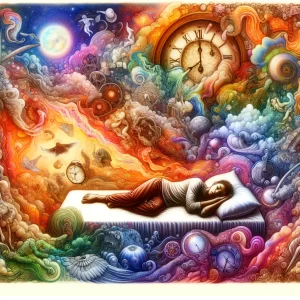
Dream to remember, dream to forget, dream to feel better…
Dreaming after an emotional experience might help us feel better in the morning Although dreaming has been implicated in the consolidation of memories, it seems we also dream to forget. In a similar way that sleep has been shown to clean our brains of clutter, a recent study supports the notion that dreaming helps us








